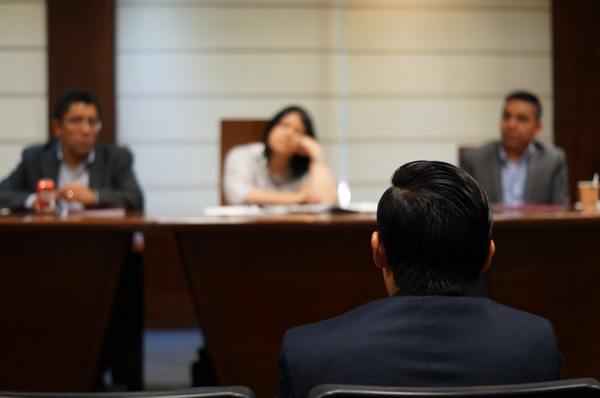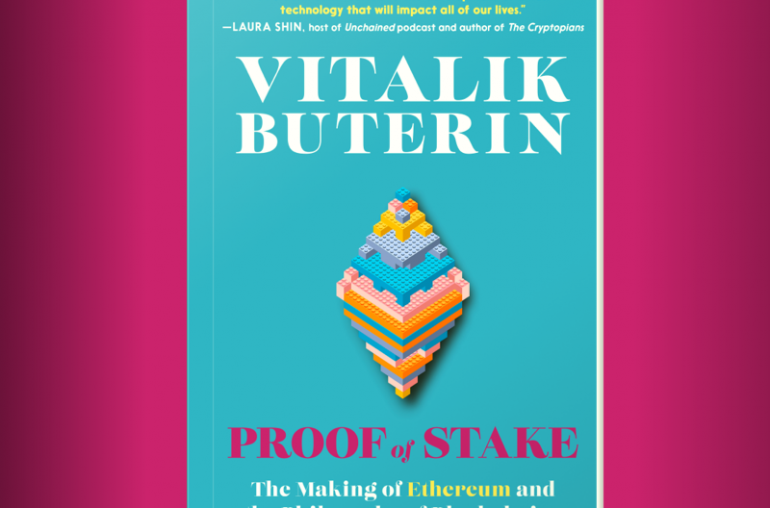
The US Securities and Exchange Commission (SEC) has been on a winning streak this year after its major win against Telegram in its 2018 Gram Token sale, which led to the project being shelved permanently. While that battle was going on, Canada-based Kik and crypto loan service provider Salt Lending were facing lawsuits of their own against the SEC, with both companies having been charged with violating US securities law in their 2017 token sales.
In Kik’s case, the 15-month long case has ended with the US District of Court ruling in the SEC’s favour. Last year, Kik said that it was standing firm on Kin’s classification as a currency, but Judge Alvin Hellerstein stated that the sale of Kik’s token Kin fulfils all three elements of the Howey Test. The test is used as a benchmark with respect to traditional financial assets, and there has long been criticism on whether the Howey Test should be applied to cryptocurrency token sales as well.
Following this, Kik will have to provide a plan on how to return investors’ their funds and how they intend to proceed with the project by October 20. Kik raised $100 million in their sale.
Similarly, the SEC has told Salt Lending to return investment funds to their 2017 ICO sale investors. Salt raised a total of $47 million then, and the ICO sale has once again been branded as an illegal securities sale. It will also be expected to pay a penalty of $250,000 to the SEC, according to Decrypt.
SEC Commissioner and ‘Crypto Mom’ Hester Peirce has repeatedly offered her support to the token sales that have been classified as securities, saying that the SEC is making judgement based on vague guidelines that do not apply fully to the crypto industry. Recently, two new draft bills are being explored in Congress to possibly implement streamlined and concise crypto laws that would prevent the SEC from being sole and final arbiter on cases such as Kik, Salt and Telegram’s.


